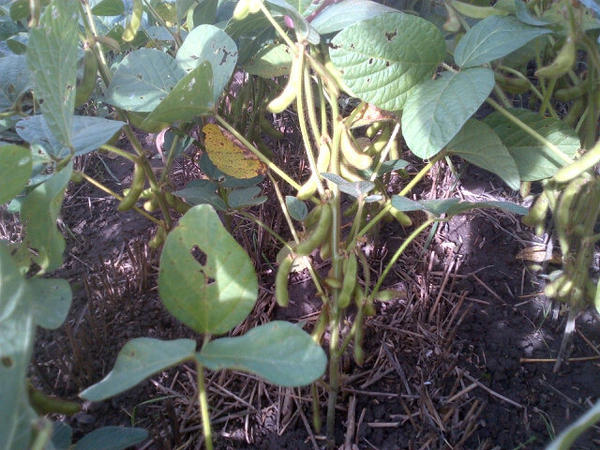Agricultural research requires investment, but it takes many years to develop a higher yielding crop variety or one with improved disease resistance. Recently announced funding and job cuts by Agriculture and Agri-Food Canada are expected to impact the quantity and possibly the quality of new research in both the crop and livestock sectors. Richard Gray is a professor and grains policy chair at the University of Saskatchewan and was a key note speaker Thursday at the Top Crop Summit in Saskatoon. "I think the lack of a plan to how they were actually going to do some of the activities that were happening on those farms, that's a problem, and second, I don't think there was enough thought given to whether the sites that they were closing down were important for overall productivity of the researchers that remain." Gray said of the pending closures of research sites across Canada. The Indian Head research site represented about 35 per cent of the crop area in the province and was loca
A European honeybee provider said they’re collateral damage to a dust-up in the Canadian honey sector over replacement bees. Ermanno De Chino, CEO of Melita Bees, a firm based on the Mediterranean island of Malta, said Italian and Maltese bee biosecurity and quality are the subject of unwarranted “smears” coming from a Canadian beekeeping contingent. He said they’re “pushing for the opening of the border with the United States,” a country he said is extremely vulnerable to the tropilaelaps (tropi) mite threat. “There’s little science and a lot of politics in all of this,” he wrote in a Feb. 10 email. In a separate email, De Chino described the risk of tropilaelaps entering the U.S. as “very high” due to the “enormous” number of cargo ships from Asia arriving at the ports of California, Texas, and Florida: three states with tropi mite-friendly weather conditions. “Swarms of Asian bees arriving in containers would have an easy time establishing themselves in these areas. The enormous
Louis Dreyfus Company (LDC) has announced the start of commissioning for its new pea protein isolate (PPI) production facility in Yorkton. Alongside pea protein, LDC will also commercialize pea fiber and a proprietary pea starch produced at the new Yorkton facility, for the pet food, building materials and paper industries. Strategically located in one of the world’s largest pea-producing regions, at the site of LDC’s existing oilseeds processing complex, the new pea protein isolate plant is expected to employ some 60 people by the end of 2026, states a news release issued by LDC. The facility is currently in its commissioning phase, covering both wet and dry processing, which will be completed over the next couple of months, with commercial volumes expected to be available by mid-June, says LDC. The site will be among the largest pea processing facilities in North America, serving key segments of the plant-based market, including high-protein beverages and powder mixes, dairy alter
No laws in Canada mandate specific labels for genetically engineered foods
Engaging, learning, and networking were top of mind for attendees at the International Association of Operative Millers’ (IAOM) 49th Latin American Region Annual Conference and Expo, held in February in Guadalajara, Mexico. Lisa Nemeth, Cereals Canada director of market support and training, was among the presenters at the event, which attracted over 280 milling professionals from twenty-five countries. Nemeth presented on the quality of Canadian cereals, the Canadian quality assurance system, and the market support that Cereals Canada delivers to its customers. Nemeth shared that customers were happy to see Canadian cereals represented at the conference. On average, Canada exports 5.9 million tonnes of non-durum wheat to Latin America per year. Over the last five years, the largest markets in the region for Canadian cereals were Peru, Colombia, Ecuador, and Mexico. “Latin America loves Canadian cereals,” said Nemeth. “Mexico is an important market for Canada Western Red Spring (CWR

![]()



 Nathan Saarloos
Nathan Saarloos




